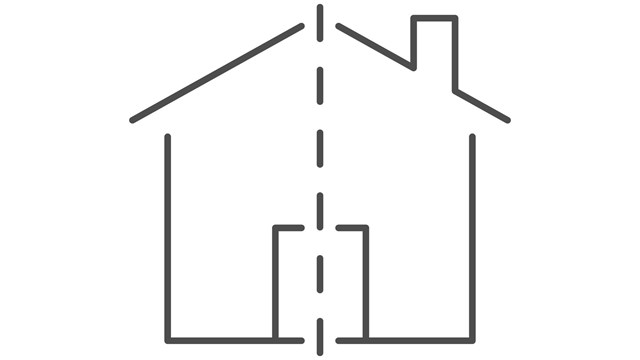
—Noisy in New Jersey
“As you may be aware, New Jersey’s Planned Real Estate Development Full Disclosure Act (PREDFDA) requires a condominium association to provide a means of alternative dispute resolution when disputes arise between its members. In particular, Section 45:22A-44(c) of PREDFDA provides: “The association shall provide a fair and efficient procedure for the resolution of disputes between individual unit owners and the association and between unit owners, which shall be readily available as an alternative to litigation.” The PREDFDA regulations provide a similar requirement at Section 5:26-8.2(c), and Section 46:8B-14(k) of the New Jersey Condominium Act further requires, in part, that “[a] person other than an officer of the association, a member of the governing board or a unit owner involved in the dispute shall be made available to resolve the dispute.
“Pursuant to the Condominium Act, a unit owner has recourse to the Commissioner of Community Affairs in the event of non-compliance by an association, and the commissioner may compel the association to provide a “fair and efficient” ADR procedure.”
“Your narrative suggests that your condominium’s governing documents do not provide for any ADR procedure at all. If such is the case, you might find success in your correspondence with the Commissioner of Community Affairs. In the meantime, you may wish to engage an attorney who specializes in matters relating to condominium governance to review the condominium governing documents, including without limitation any policy resolutions and rules and regulations adopted by the Board. A letter from your counsel advising that the board’s members have failed to fulfill their fiduciary duty to provide an ADR procedure may be enough to get the board’s attention.”
“A full review of the condominium governing documents by skilled counsel will also permit you to identify any express violations by the neighboring unit owners. For example, associations often adopt rules and regulations prohibiting the installation of hardwood floors to prevent the very sound intrusions which prompted your inquiry. You might also further consider the cause of the “squeaking.” Are your neighbors simply walking, or are children jumping rope above you or otherwise unreasonably interfering with your use and enjoyment of your unit in violation of the governing documents? Some condominium governing documents provide enforcement techniques by the association against tenants, and these might be worth exploring, as well.”
“Depending upon the definitions of common elements and unit components as set forth in the condominium governing documents, be aware that the squeaking sound may derive from aspects of the flooring which are common elements and the association’s responsibility to maintain (and not the decorative hardwood itself). Are there structural defects or maintenance concerns within the common elements for which the association bears responsibility? Have the ceiling leaks you mention affected the common elements, and what is their source? If common elements have been affected, the board must fulfill its responsibility to maintain them as prescribed by statute and the governing documents.”
“Of course, litigation against the association and/or your neighbors remains a last and costly resort. Notwithstanding meticulous examination of condominium governing documents by trained professionals, the most cost-efficient approach may also be the simplest: knocking on your neighbor’s door (or calling, as necessary) and communicating your concerns in good faith and with courtesy. Offering to assist in exploring and possibly rectifying the problem may seem unappealing at first, but compromise, swift resolution— and some long-awaited peace and quiet!—may not be far behind.”






Leave a Comment